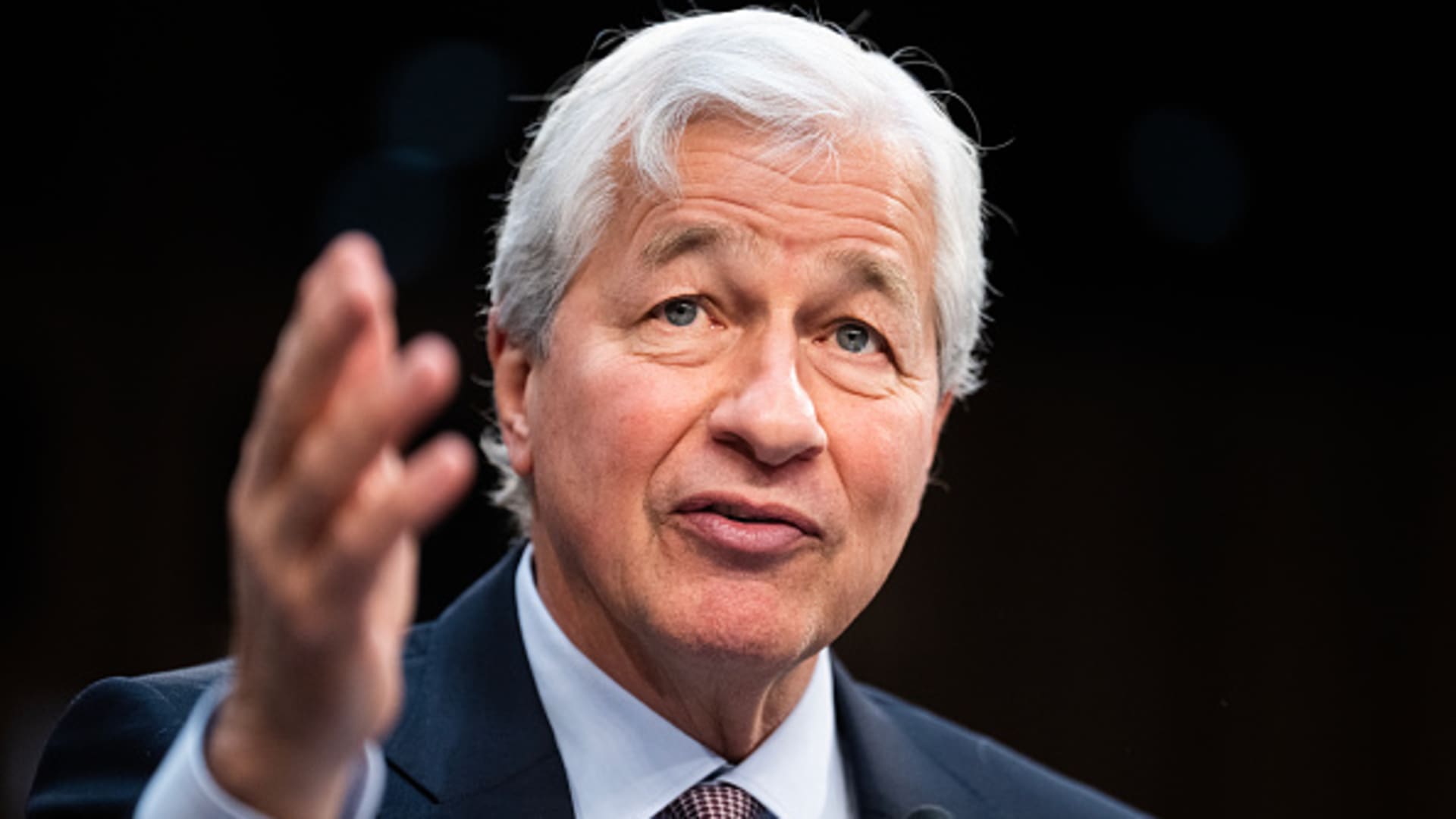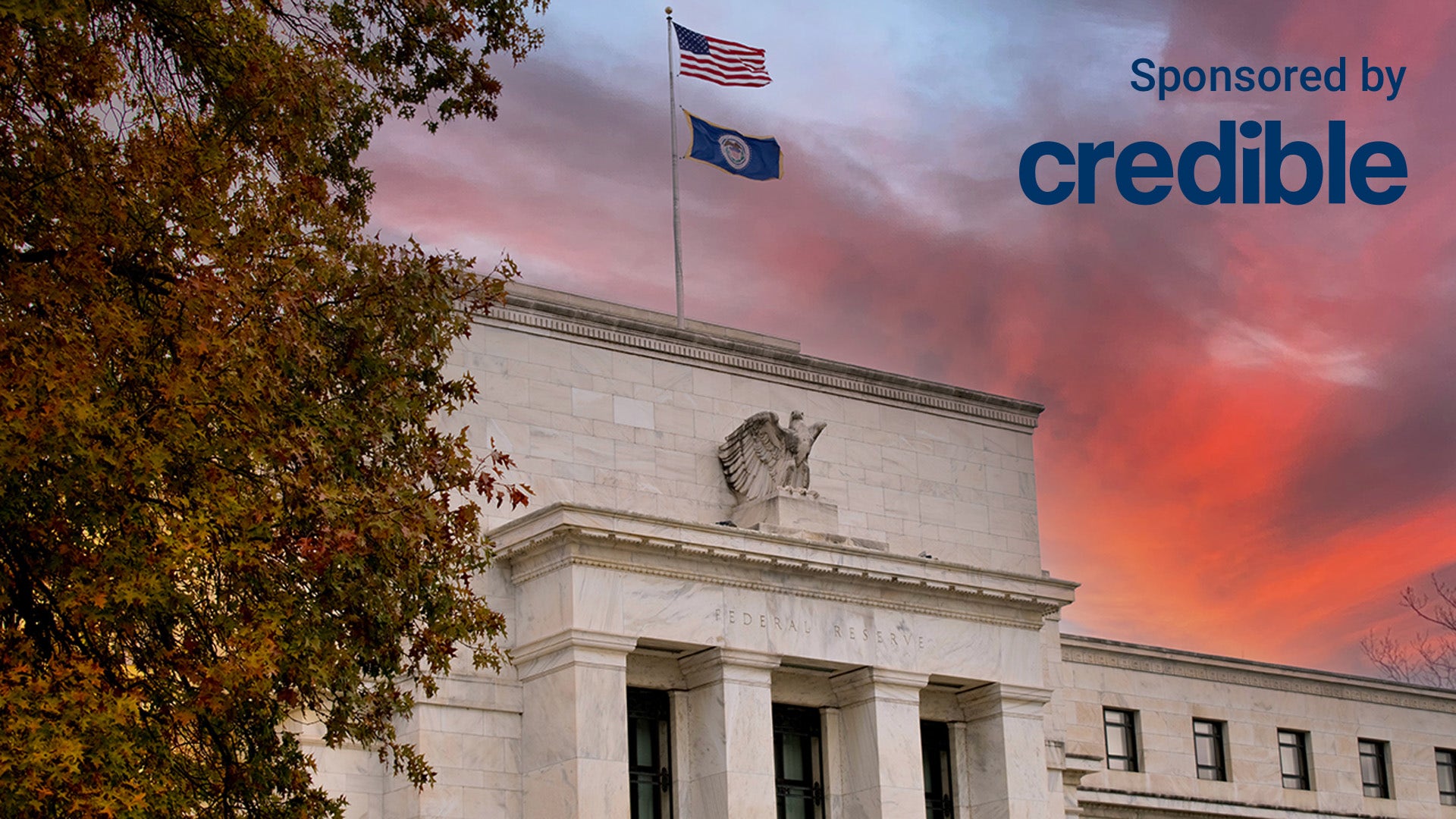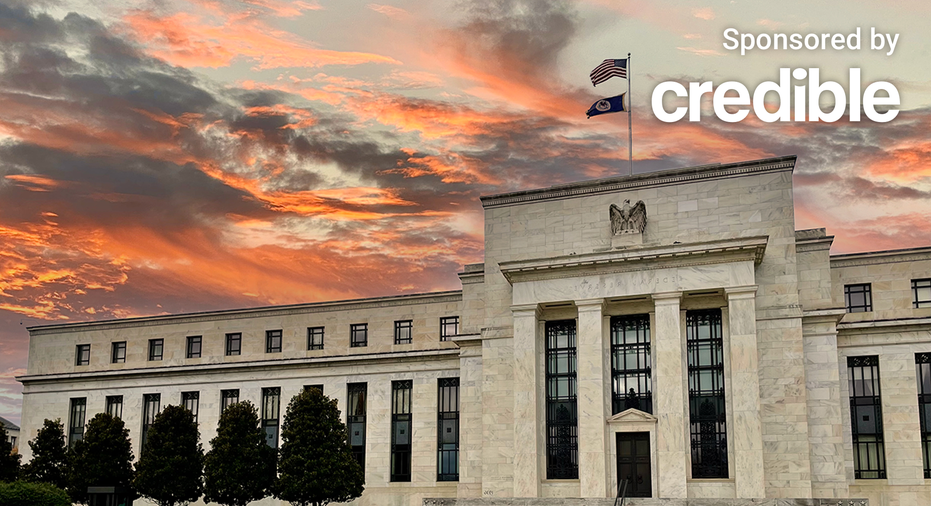The Federal Reserve held interest rates steady at its Wednesday meeting and did not disclose a timeline for when it will lower them. (iStock)
The Federal Reserve is keeping rates steady at its targeted range of 4% to 4.25% and is waiting to see how President Donald Trump’s administration’s tariffs will impact the economy.
For now, Federal Reserve Chair Jerome Powell said that the central bank is in the right place to monitor the impact tariffs will have on the economy before making a decision on further interest rate cuts. For now, the mandate remains the same: get inflation to a 2% target rate. The decision comes even with a negative first-quarter GDP reading. US GDP decreased at an annual rate of 0.3%. This was the first quarter of negative GDP growth since the first quarter of 2022.
“While gross domestic product recorded a mild decline in the first quarter, prompting concerns about a recession, broader economic data underscore ongoing resilience,” the National Apartment Association’s new Vice President of Research, George Ratiu, said in a statement. “The main risk to economic activity is continuing financial pressure on households coming from higher monthly bills, combined with the looming threat of rising layoffs.”
The Fed had anticipated two interest rate cuts for this year, but the impact of how President Trump’s tariffs will play out has derailed this plan. Powell said that the Fed is in a good place to think out policy rates to respond promptly and to potential developments, including rate cuts or holding them steady.
“Despite heightened uncertainty, the economy is still in a solid position,” Powell said at a press conference on Wednesday. “The unemployment rate remains low, and the labor market is at or near maximum employment. Inflation has come down a great deal but has been running somewhat above our 2% longer-run objective.”
If you are struggling with high inflation, consider taking out a personal loan to pay down debt at a lower interest rate, reducing your monthly payments. Visit Credible to find your personalized interest rate without affecting your credit score.
BIDEN CANCELS MORE STUDENT LOANS WITH ONE WEEK LEFT TO HIS TERM
Mortgage rates won’t budge in time for summer home buying
With no rate cut in sight, housing affordability will remain a central challenge for most Americans, whether they are looking to buy or rent, according to Raitu.
Mortgage rates are likely to remain in the high 6% range they’ve held for the last six months without action from the Fed. Home prices are roughly 50% higher than they were in 2019. That means that with current mortgage rates, buyers are facing a $2,200 monthly payment on a median-priced home.
”The best-case scenario for mortgage rates is to hover just above the 6% mark for the next two years,” said Victor Kuznetsov, Imperial Fund Asset Management co-founder and managing director. “The average American household has adopted a wait-and-see strategy regarding mortgage rates, as they also seek to reduce their monthly consumer spending amid current economic uncertainty.
“The good news is that employment and home prices remain strong, so families will be in a better position to buy or refinance a home in the coming months, especially if rates dip below 6%,” Kuznetsov continued.
Mortgage rates are expected to remain flat through the summer housing market. The Mortgage Bankers Association forecasts that the Fed will resume cutting short-term rates in the year’s second half. “Heading into the Fall, if inflation cools as expected, mortgage rates will begin to dip slowly and steadily, finishing out 2025 around 6%,” Voxtur CEO Ryan Marshall said.
If you want to become a homeowner, you can find the best mortgage rates by shopping around. Visit Credible to compare your options without affecting your credit score.
FHFA ANNOUNCES HIGHER MORTGAGE LOAN LIMITS FOR 2025
Lending picks up despite higher rates
Some buyers aren’t waiting for interest rates to drop, and lending has picked up recently as consumers readjust their outlook and expectations, according to Michele Raneri, TransUnion vice president and head of U.S. research and consulting.
“While the possibility still exists for potential rate cuts later this year, the economic picture is complicated, and it’s too early to know if or when those cuts might happen,” Raneri said. “We’re starting to see some positive signs in lending – mortgages, home equity loans and auto financing are showing signs of life after a slow couple of years.
“However, these gains will likely remain incremental until rates begin ticking down, as many borrowers are reluctant to take on a loan at today’s rates, particularly if they currently have a loan at a significantly lower rate,” Raneri continued.
If you’re worried about the state of the economy, you could consider paying down high-interest debt with a personal loan at a lower interest rate. Visit Credible to speak with a personal loan expert and get your questions answered.
SENIORS TO GET MODERATE COST OF LIVING BUMP IN SOCIAL SECURITY PAYMENTS NEXT YEAR
Have a finance-related question, but don’t know who to ask? Email The Credible Money Expert at [email protected] and your question might be answered by Credible in our Money Expert column.
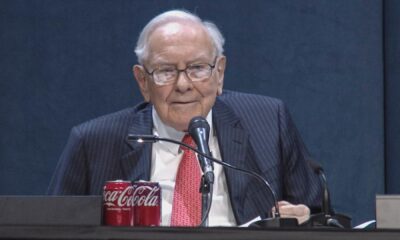
 Finance6 days ago
Finance6 days ago
 Finance6 days ago
Finance6 days ago
 Personal Finance1 week ago
Personal Finance1 week ago
 Economics1 week ago
Economics1 week ago
 Personal Finance1 week ago
Personal Finance1 week ago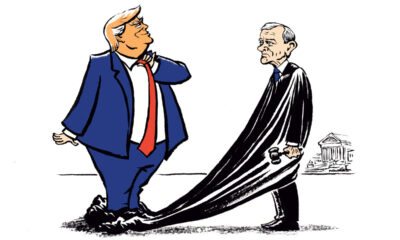
 Economics1 week ago
Economics1 week ago
 Economics1 week ago
Economics1 week ago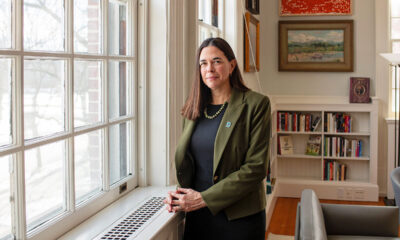
 Economics1 week ago
Economics1 week ago
